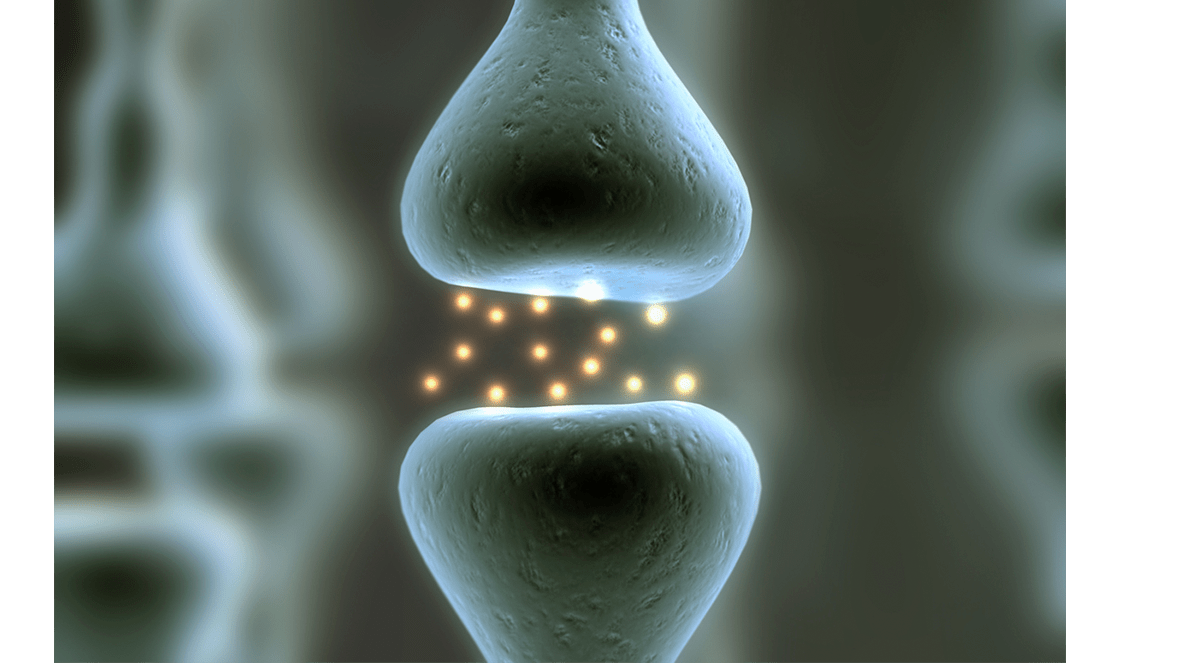Insomnia disorder, or insomnia, is a sleep disorder characterized by trouble falling asleep or staying asleep as long as desired. Sequential psychological therapies and medications have both shown positive outcomes in managing insomnia, but what should be the first-line treatment of the condition is not yet established. This study aims to compare the efficacy of psychological and medication therapies for insomnia disorder.
This randomized, sequential, multiple-assignment trial included a total of 211 adults with chronic insomnia disorder. The participants were randomly assigned in a 1:1 ratio to behavioral therapy (BT [n = 104]) or zolpidem (n=107), a sedative-hypnotic medicine. The primary outcomes of the study were treatment response and remission rates.
First-stage therapy with BT and zolpidem produced an equivalent number of responders (45.5% vs. 49.7%) and emitters (38.03% and 30.3%). Second-stage therapy resulted in a significant increase in responders following BT, as compared with no change following zolpidem treatment. A significant increase in the number of remitters was also observed in the BT group.
The research concluded that both BT and zolpidem produced similar outcomes when used as first-stage therapy for chronic insomnia. But when used as a second-stage, BT resulted in more improved outcomes.
Ref: https://jamanetwork.com/journals/jamapsychiatry/article-abstract/2767697?resultClick=1


